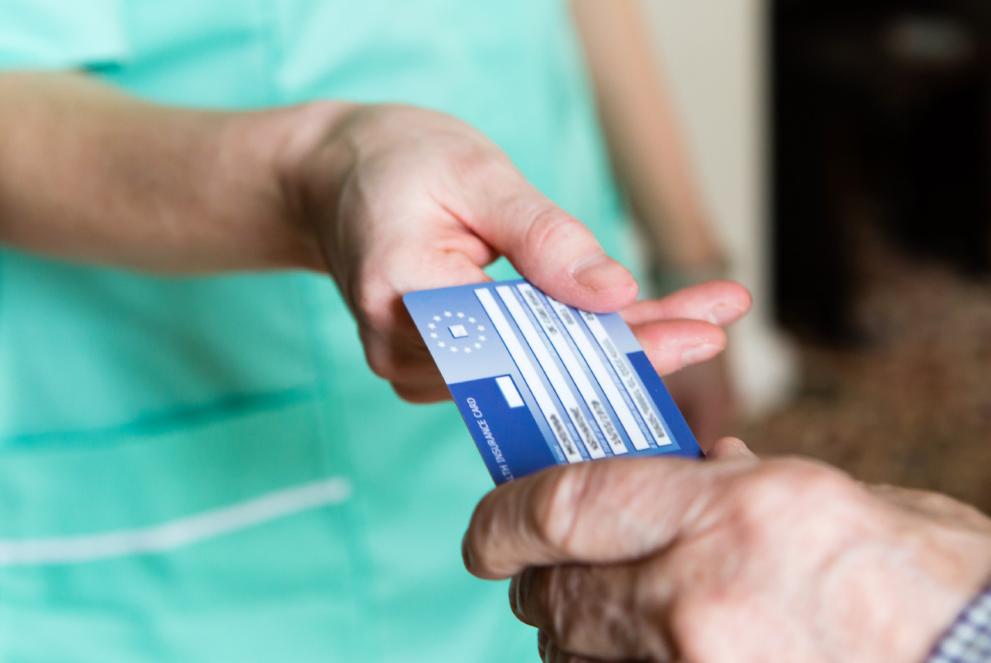
Have you ever injured yourself while surfing in France and needed stitches? Sprained your ankle while hiking the Alps? Needed to see a doctor because of your pre-existing diabetes while on holiday in Greece? Perhaps not, but in case something like this does happen while you’re abroad, the European Health Insurance Card (EHIC) has you covered.
The EHIC allows you to receive necessary and urgent medical care abroad, including for chronic or existing illnesses, as well as pregnancy and childbirth. It's not an alternative to travel insurance, and it does not cover any private healthcare costs or planned medical treatments. EHIC is valid in any EU country, Iceland, Liechtenstein, Norway, Switzerland, and the United Kingdom.
By presenting the card, you can obtain healthcare services directly from a public or contracted provider under the same conditions and at the same cost as people insured in the country you are visiting. Each country’s healthcare system is different, and services that cost nothing at home might not be free in another country. You can claim reimbursement for the costs you incur from the national institution whilst still in the country and get reimbursement directly there or ask for reimbursement from your health insurer when you get home.
More than half of the EU population has the EHIC. Applying for one is easy and free – simply contact your health insurance institution before your trip. You’ll typically receive it by mail within a few days. If you’re going to travel before obtaining the card, you can apply for an EHIC replacement certificate.
Travel with peace of mind, knowing the EHIC is there to support your healthcare needs abroad.
For more information
Details
- Publication date
- 12 July 2024
- Author
- Directorate-General for Communication
